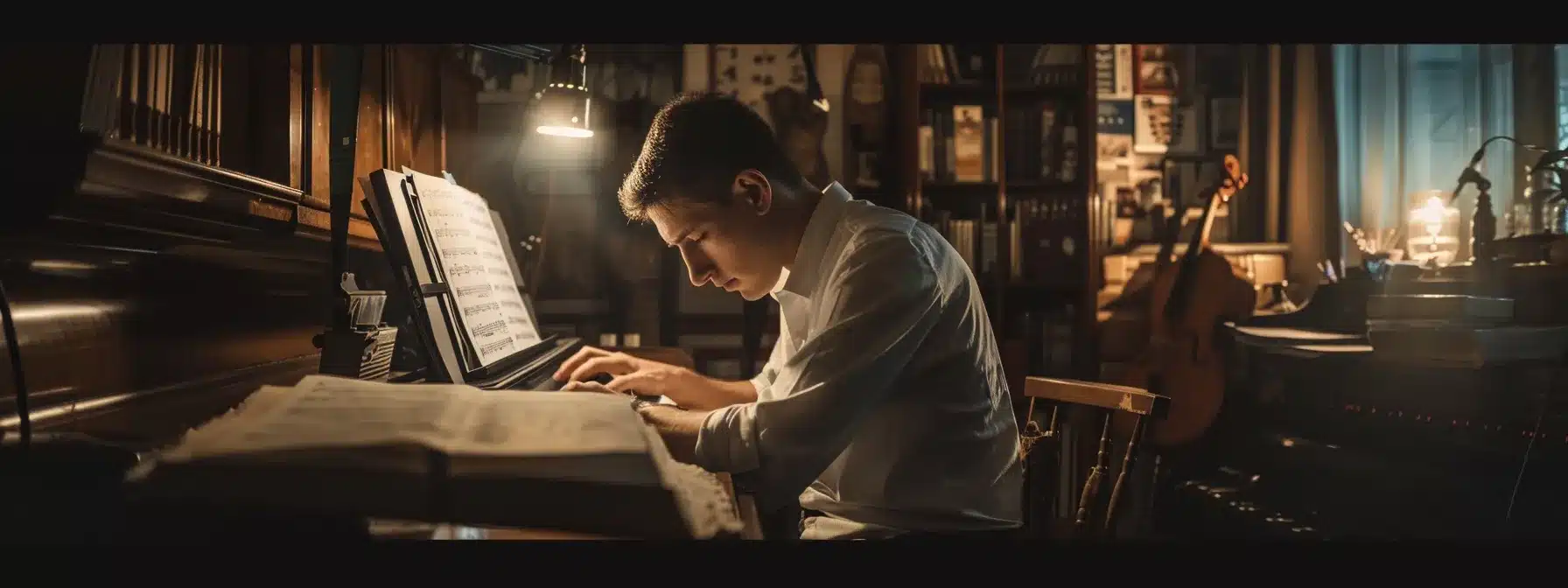Mastering Orchestra Auditions: The Ultimate Preparation Guide

Are you struggling with orchestra auditions and feeling overwhelmed by the competition? Mastering orchestra auditions requires a strategic approach to ensure you stand out as a talented musician. In this guide, you’ll learn how to select the perfect audition repertoire and develop an effective practice schedule tailored for your instrument, whether you play the cello or another instrument. By addressing common pain points and providing practical tips, this content will help you build confidence and improve your rhythm, making your next audition a success.
Understanding the Orchestra Audition Landscape

Understanding the orchestra audition landscape is crucial for your success. First, recognize the different types of auditions, from youth orchestra to regional community orchestra near me ensembles. Then, learn what audition panels evaluate, such as your confidence and understanding of time signatures. Familiarizing yourself with common audition procedures will set you on the right track for rehearsals and performance as a bass trombone player.
Recognizing Different Types of Orchestra Auditions
As you prepare for your orchestral journey, it’s essential to recognize the various types of orchestra auditions available to you. The experience can differ significantly based on the ensemble you’re targeting, whether it’s a youth orchestra, a professional regional group, or a music school. Each type of audition often requires you to showcase specific skills, such as performing a solo for the panel or demonstrating proficiency with your instrument. If you play the oboe, harp, or drum, understanding the unique expectations for each instrument can help you stand out during your audition.
When identifying the right audition for your goals, consider the varying formats of the selection process. Some auditions may focus more on solo performances, calling for individual talent and interpretation, while others might emphasize sight-reading and ensemble interaction. Knowing this distinction can help tailor your preparations effectively:
- Solo performances allow you to express your unique style.
- Ensemble auditions focus on collaboration and adaptability.
- Music school auditions often blend both, requiring versatility and skill.
Knowing What Audition Panels Look For
When you prepare for an orchestra audition, it’s vital to understand what the audition panels are assessing. They will evaluate your technical proficiency on your instrument, which is especially crucial for double bass players in a string orchestra setting. Additionally, they’re interested in your familiarity with the required repertoire. Demonstrating a solid knowledge of the pieces you are performing will showcase your preparation and commitment.
Beyond technical skills, audition panels seek candidates who can convey musicality and expression. This means connecting with the audience and the panel through your performance, much like presenting in a theatre. This connection often involves understanding the emotional depth of the pieces and executing them with intention. By focusing on these elements, you not only meet the audition requirements but also leave a lasting impression that sets you apart from other candidates.
Familiarizing Yourself With Common Audition Procedures
To effectively prepare for your orchestra audition, familiarize yourself with common procedures that will unfold during the process. Many auditions involve a preliminary round, often referred to as an exam, where you’ll showcase selected excerpts from classical music pieces. Understanding the expected format can help you feel more confident and organized as you plot your practice schedule during the fall semester, ensuring your performance aligns with the expectations set by the audition panel.
Additionally, many audition procedures include a final round that may involve playing alongside other musicians. This experience tests your ability to collaborate with peers and interpret works by various composers. By incorporating both solo and ensemble preparation into your practice, you can gain the necessary skill set to ace multiple audition formats and demonstrate versatility, making you a standout candidate during the selection process.
- Review the audition requirements and repertoire carefully.
- Plan your practice schedule around key periods, such as the fall semester.
- Prepare for both solo performances and ensemble interactions.
- Familiarize yourself with the music of various composers featured in the repertoire.
Now that you understand the audition landscape, the next step is crucial: choosing the right music. The pieces you select can make all the difference between blending in and standing out.
Selecting the Perfect Audition Repertoire

Selecting the Perfect Audition Repertoire
Choosing the right audition repertoire is vital for showcasing your strengths on your musical instrument. You should balance standard excerpts, such as sonatas, with personal selections like trumpet pieces that resonate with your style. Tailoring your choices to the specific orchestra will also demonstrate your understanding of their expectations, setting the stage for a successful audition.
Choosing Pieces That Showcase Your Strengths
When choosing pieces for your audition repertoire, it’s essential to consider works that highlight your strengths as a musician. If you excel in classical settings, select concert pieces that showcase your technical skill, such as a sonata or an orchestral excerpt. For those with a background in chamber music, including duets or quartets can illustrate your ability to collaborate effectively with other musicians, signaling your readiness for ensemble performance.
Additionally, don’t overlook genres like jazz, which can allow you to demonstrate your versatility and creativity during the audition. Pieces featuring the snare drum or other percussion instruments can be particularly effective in a band or orchestral setting, showcasing your rhythm and dynamic control. Tailoring your repertoire to reflect your personal style and strengths will not only engage the audition panel but also help you feel more confident in your performance.
Balancing Standard Excerpts With Personal Selections
Balancing standard excerpts with personal selections is key to presenting a well-rounded audition. For instance, if you play the bassoon or clarinet, incorporating standard orchestral excerpts like concertos will demonstrate your technical proficiency and familiarity with essential repertoire. Alongside these, including a personal selection that resonates with you can showcase your unique style and musicality, allowing judges to see beyond standardization.
When curating your repertoire, aim to select pieces that not only challenge your skills but also reflect your individuality. As a pianist, you might choose a concerto that highlights your strengths while also resonating with your personality. This approach not only engages the audition panel but also instills confidence in your performance, setting you up for success. Consider these factors when selecting your audition pieces:
- Choose standard excerpts that demonstrate technical skills.
- Incorporate personal selections that express your unique style.
- Ensure pieces challenge you while remaining within your skill level.
- Balance familiarity with the standard repertoire and individual expression.
Tailoring Your Choices to the Specific Orchestra
When preparing for an orchestra audition, tailoring your repertoire to match the specific symphony‘s style and requirements is essential. Research the orchestra to understand their musical preferences and audience expectations. If you know they perform contemporary works, consider including pieces from musicals or modern compositions that showcase your abilities as a tuba player alongside traditional orchestral excerpts.
Additionally, select sheet music that highlights your skill with both your primary instrument and any string instruments you might be comfortable with. By choosing pieces that resonate with the orchestra’s past performances and current programming, you demonstrate not only your musical versatility but also your commitment to being a cohesive part of their artistic vision. This strategic approach can significantly enhance your chances of making a positive impression during the audition process.
Choosing the right pieces for your audition sets the stage. Next, you’ll need to build a practice schedule that makes your preparation count.
Crafting an Effective Practice Schedule

Setting achievable goals and milestones is essential for a focused practice schedule as you prepare for orchestra auditions, whether you’re in the string section, playing the flute, french horn, viola, or trombone. Incorporating technique and musicianship will strengthen your performance, while utilizing recording and self-evaluation allows you to track your progress. You’ll also learn to overcome common practice challenges, ensuring that you are well-prepared for auditions.
Setting Achievable Goals and Milestones
When preparing for orchestra auditions, setting achievable goals and milestones is crucial for effective practice. Begin by breaking down your overall objectives into smaller, manageable tasks, such as mastering a specific piece or improving a particular aspect of music theory. This structured approach allows you to track your progress more easily and adjust your practice sessions based on your evolving needs, ensuring that you stay focused and motivated during the process.
Incorporating a timeline for your goals can help you stay organized as you prepare for auditions. For instance, if you’re aiming to audition for a community orchestra near you, set milestones for completing repertoire and refining technical skills. Regularly reviewing your goals will enable you to celebrate your achievements and maintain your momentum, ultimately enhancing your chances of success in the audition room.
Incorporating Technique and Musicianship
Incorporating technique during your practice sessions is vital for mastering your instrument and boosting your confidence for orchestra auditions. Focus on specific exercises aimed at enhancing your technical skills, such as scales, arpeggios, and etudes, which build muscle memory and coordination. By dedicating time each day to these fundamental techniques, you will improve your overall performance and handle audition repertoire more effectively.
Musicianship is equally important, as it encompasses your ability to interpret music expressively. Spend time analyzing the scores and understanding the emotional context behind the pieces you plan to perform. This deeper insight will enable you to convey the music’s essence to the audition panel, showcasing not only your technical prowess but also your artistic interpretation, which is crucial for standing out in auditions.
Utilizing Recording and Self-Evaluation
Utilizing recording and self-evaluation can significantly enhance your preparation for orchestra auditions. By regularly recording your practice sessions, you gain immediate feedback on your performance. Listening to these recordings allows you to identify areas needing improvement, such as intonation, rhythm, and expression. This method equips you with the insight necessary to refine your audibility and performance quality, making a tangible difference in audition readiness.
In addition to recording your sessions, implement a self-evaluation routine where you assess your progress against specific goals. After listening to your recordings, take notes on aspects that require attention, like dynamic control or phrasing. By maintaining a reflective practice approach, you create a dynamic learning experience, ultimately leading toward a more polished and confident performance during auditions. Here are some steps to guide you:
- Record practice sessions regularly for continuous assessment.
- Listen critically to identify strengths and weaknesses.
- Take notes on areas needing improvement.
- Set specific goals based on your evaluations.
Overcoming Common Practice Challenges
Overcoming common practice challenges is vital as you prepare for orchestra auditions. You may find distractions, time constraints, or lack of motivation hindering your progress. To address this, create a structured practice environment, free from interruptions, and set specific practice times in your daily schedule. This will help you maintain focus and make your practice more productive, allowing you to maximize your abilities efficiently.
Additionally, feeling overwhelmed by the amount of repertoire or technical skills to master can be a significant barrier. To combat this, break your practice sessions into smaller, focused segments. For example, dedicate part of your time to technical exercises, another portion to repertoire, and allow for self-evaluation at the end. By managing your time effectively and concentrating on one task at a time, you will build confidence and steadily improve, ultimately positioning yourself for success in your audition.
You have built a solid practice routine. Next, it’s time to face the stage and cultivate the confidence that will make your music shine.
Developing Performance Confidence

To excel in orchestra auditions, developing performance confidence is key. You will learn effective strategies to manage performance anxiety, utilizing visualization and mental rehearsal techniques to prepare mentally. Additionally, building stage presence will enhance your overall impact. Each of these elements plays a crucial role in ensuring you present your best self during auditions.
Strategies to Manage Performance Anxiety
To effectively manage performance anxiety during orchestra auditions, practice mindfulness techniques regularly. Focus on your breathing before stepping on stage; taking slow, deep breaths can help calm your nerves and enhance concentration. Visualizing a successful performance can also create a positive mindset, allowing you to envision yourself confidently playing your instrument and engaging with the audience, which will translate into a more poised audition experience.
Another powerful strategy is to simulate the audition environment during your practice sessions. You can invite friends or family members to act as an audience, which gives you the opportunity to experience performing under pressure. By doing so, you will become accustomed to the sensation of being watched and have a chance to refine your stage presence, reducing the likelihood of feeling overwhelmed during the actual performance. This preparation will be crucial in building your confidence as you step into the audition room.
Visualization and Mental Rehearsal Techniques
Visualization is a powerful technique you can employ to boost your confidence before orchestra auditions. By imagining yourself successfully performing your pieces, from the initial note to the final bow, you can mentally prepare for the stress of an audition. This practice not only helps alleviate anxiety but also reinforces a positive mindset, allowing you to clearly visualize each aspect of your performance.
Mental rehearsal goes hand-in-hand with visualization, offering another layer of preparation. As you mentally go through your repertoire, focus on specific technical passages or challenging sections. Take the time to hear the music in your mind and identify areas that require extra attention. Engaging in this intentional practice enables you to be more prepared and confident when stepping into the audition room, enhancing both your technical skills and overall performance experience.
Building Stage Presence
Building stage presence is crucial for making a strong impression during your orchestra auditions. To develop this skill, focus on your body language and facial expressions, which should convey confidence and engagement with the music. Practice performing in front of a mirror or recording your sessions to analyze how you present yourself, allowing you to make adjustments that enhance your stage presence and connect with the audience.
Additionally, consider incorporating elements such as eye contact and deliberate movements into your performance. Engaging with the audition panel through eye contact can create a more personal connection, making your performance memorable. Remember, showcasing your personality while remaining fully immersed in the music is key to standing out in auditions. Here are some tips to enhance your stage presence:
- Practice in front of an audience to build comfort.
- Utilize eye contact to connect with the panel.
- Incorporate purposeful movements that align with the music.
With newfound confidence, you stand ready to showcase your skills. The audition day approaches, bringing both excitement and nerves; prepare yourself for the moment that could change everything.
Preparing for the Audition Day

Start your audition day by organizing all necessary documents and materials, such as sheet music and identification. Next, plan your logistics and time management to ensure a stress-free experience arriving on time. Finally, establish a warm-up routine to prepare both mentally and physically. These steps will help you present your best self during the audition.
Organizing Necessary Documents and Materials
To ensure a smooth audition day, you should start by gathering all necessary documents and materials well in advance. This includes your sheet music, resumés, and any identification required for entry. Having everything organized in a folder or binder helps you quickly access what you need, reducing any last-minute stress related to preparation. This organization not only demonstrates your professionalism but also allows you to focus on performing your best.
In addition to your music and documents, consider packing essential items such as a metronome, tuner, or practice materials that might aid your warm-up. Don’t overlook personal items like water and snacks to keep your energy levels steady throughout the day. By taking the time to plan ahead, you set yourself up for success in your audition:
- Gather sheet music and required documents.
- Organize items in a folder or binder.
- Pack essentials like a metronome and tuner.
- Include personal snacks and water for energy.
Planning Logistics and Time Management
Effective planning for logistics on audition day is crucial. Start by mapping out your route to the audition location, allowing extra time for potential delays. Arriving early will give you the chance to acclimate to the environment. Familiarity with the venue can reduce nerves and boost your confidence when you step onto the stage.
In addition to travel, manage your time wisely by setting specific milestones for your audition prep on the day itself. Establish a warm-up routine that covers your instrument’s key areas while keeping it manageable to avoid fatigue. This structured approach ensures that you are physically and mentally prepared, allowing you to perform at your best as you showcase your talent during the audition.
Warm-Up Routines Before the Audition
As you prepare for your orchestra audition, establishing a solid warm-up routine is essential for both physical and mental readiness. Focus on exercises that target your specific instrument to enhance your technique and tone quality. For instance, if you play the violin, you might start with scales to build dexterity and intonation, ensuring you are fully prepared when you take the stage.
Additionally, incorporate breathing techniques and light stretching to relieve any tension before performing. This practice not only increases blood flow but also helps calm your nerves, allowing you to approach your audition with confidence. By dedicating time to a thoughtful warm-up, you set the stage for a strong performance, demonstrating your commitment and professionalism to the audition panel.
The audition day has passed, but the journey doesn’t end there. Opportunities await, and knowing how to seize them can shape your future in the orchestra.
Maximizing Post-Audition Opportunities

Maximizing Post-Audition Opportunities
After your orchestra audition, taking the time to reflect on your performance constructively is crucial for your growth as a musician. You should follow up professionally with the orchestra to express your appreciation and interest. Regardless of the outcome, embracing continued growth and seeking feedback will enhance your skills and prepare you for future opportunities in the music world.
Reflecting on Your Performance Constructively
After your orchestra audition, it’s important to reflect on your performance constructively to facilitate personal growth. Take a moment to evaluate your strengths and areas for improvement, focusing on specific moments during your audition. Consider how confident you felt, how well you executed challenging passages, and whether you connected with the music and the audience.
This reflection can be complemented by seeking feedback from trusted peers or instructors who observed your performance. Engaging in this dialogue allows you to gain different perspectives on your technical and musical delivery, helping you identify actionable steps for your next audition. By taking these measures, you set the stage for continuous improvement and increased confidence in your future performances:
- Evaluate your strengths and areas for improvement.
- Reflect on your confidence and execution during the audition.
- Seek feedback from trusted peers or instructors.
- Identify actionable steps for future auditions.
- Commit to continuous improvement and growth.
Following Up Professionally With the Orchestra
Following up professionally with the orchestra after your audition demonstrates your commitment and professionalism. Sending a thoughtful email to the conductor or the audition panel can express your gratitude for the opportunity, while also reaffirming your enthusiasm for the ensemble. This simple gesture not only helps you stand out but also keeps the lines of communication open for future opportunities.
In your follow-up, consider briefly reflecting on your experience during the audition and emphasizing your interest in their upcoming projects. This approach showcases your engagement and willingness to be involved with the orchestra on a deeper level. Remember, maintaining a positive relationship with orchestras can lead to invaluable networking opportunities and future auditions:
- Send a thank-you email to the conductor or panel.
- Express your gratitude for the audition opportunity.
- Reaffirm your interest in the orchestra’s work.
- Reflect on your audition experience briefly.
- Keep communication lines open for future opportunities.
Continuing Growth Regardless of the Outcome
Regardless of the outcome of your orchestra audition, it’s vital to continue your growth as a musician. Each audition experience offers valuable lessons; take time to reflect on what went well and what could be improved. This reflective practice not only helps you develop your skills but also builds resilience, allowing you to face future challenges with a positive mindset.
Engaging in consistent practice and seeking feedback from instructors or peers can further enhance your musical abilities. Attend workshops, masterclasses, or join community ensembles to stay active and connected with the music community. By embracing growth opportunities, you ensure that every audition, whether successful or not, contributes to your journey as a musician, leading to greater achievements in the future:
- Reflect on your audition experience.
- Identify strengths and areas for improvement.
- Seek constructive feedback from others.
- Engage in consistent practice and skill development.
- Participate in workshops and community ensembles.
Conclusion
Mastering orchestra auditions is essential for musicians seeking to showcase their talents and secure positions in prestigious ensembles. By understanding the various audition types, knowing what panels look for, and selecting the right repertoire, you set yourself up for success. A structured practice schedule, effective performance strategies, and professional follow-ups after auditions further enhance your opportunity for growth and connection in the music community. Embrace these preparation techniques, as they are vital to making a lasting impression and advancing your orchestral career.






